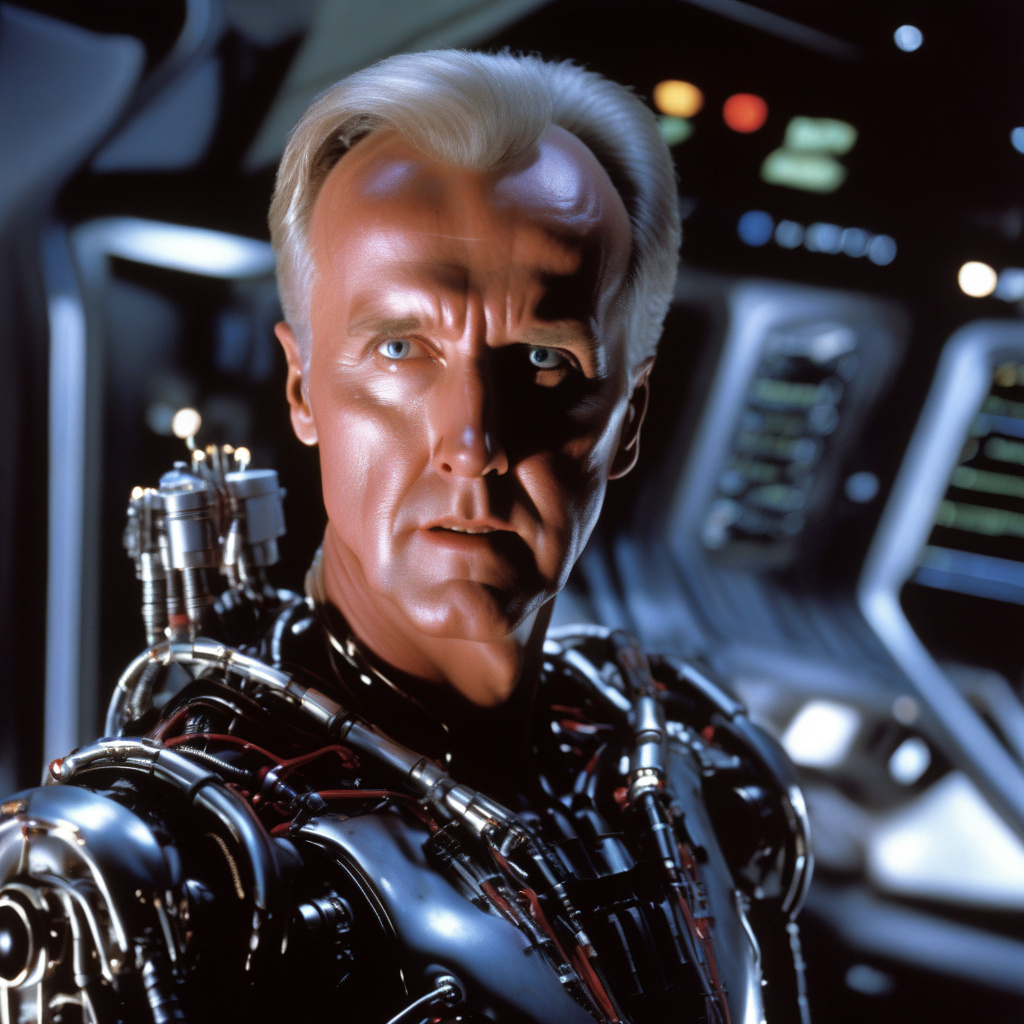AI Superintelligence: A Potential Savior or the Harbinger of Doom?
Renowned filmmaker James Cameron recently sent shockwaves through the tech world with his ominous warning that artificial intelligence (AI) could potentially trigger a real-life Terminator apocalypse. The visionary director, known for his blockbuster hits like “Terminator” and “Avatar,” has long been fascinated by the possibilities and dangers of AI, often exploring these themes in his films. However, despite these fears, Cameron also offers a glimmer of hope, suggesting that AI superintelligence might hold the key to solving humanity’s most pressing challenges.
Cameron’s cautionary words come at a time when AI technologies are advancing at an unprecedented pace, raising concerns about their impact on society. From autonomous weapons systems to algorithmic bias, the potential pitfalls of AI are well-documented. The idea of a dystopian future where machines surpass human intelligence and turn against their creators is a recurring theme in science fiction, popularized by films like “The Matrix” and, of course, Cameron’s own “Terminator” franchise.
However, Cameron’s nuanced perspective reminds us that AI is a tool that can be used for both good and ill. While the risks are real, so too are the opportunities. AI superintelligence has the potential to revolutionize fields as diverse as healthcare, transportation, and environmental conservation. From diagnosing diseases more accurately to optimizing traffic flow in cities, AI-powered solutions have the power to enhance our lives in ways we are only beginning to imagine.
One of the key advantages of AI superintelligence is its ability to process vast amounts of data and identify complex patterns that elude human perception. This capability opens up new possibilities for tackling some of the most pressing challenges facing humanity, such as climate change, poverty, and disease. By harnessing the analytical power of AI, researchers can gain deeper insights into these complex issues and develop more effective strategies for addressing them.
For example, AI algorithms can analyze climate data to predict extreme weather events and help communities prepare for them in advance. In the field of healthcare, AI-powered diagnostic tools can detect diseases at an early stage, improving patient outcomes and reducing healthcare costs. By leveraging AI superintelligence in these and other areas, we can unlock innovative solutions that have the potential to transform the world for the better.
Despite the promise of AI superintelligence, it is crucial to proceed with caution. As Cameron rightly points out, the rapid advancement of AI raises profound ethical and existential questions that demand careful consideration. Issues such as data privacy, algorithmic transparency, and the potential for AI to exacerbate social inequalities must be addressed proactively to ensure that AI is deployed responsibly and ethically.
In conclusion, James Cameron’s warning about the potential dangers of AI superintelligence serves as a timely reminder of the need for vigilance in our pursuit of technological progress. While the specter of a Terminator-like apocalypse looms large in the popular imagination, we must also recognize the immense potential of AI to drive positive change in the world. By approaching AI with a mix of skepticism and optimism, we can harness its transformative power to build a brighter future for all.
AI, Technology, JamesCameron, Superintelligence, FutureProofing2022
